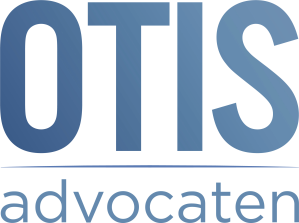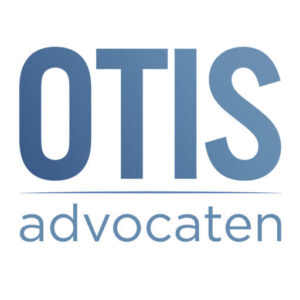Measures from the Spanish government of Spain in rental law (non-permantent)
Real Decreto-ley 15/2020, of April 21, was born with the aim of helping those self-employed and PYMEs who have their premises under a lease. We are going to analyse the conditions and the nature of this assistance from the Government.
1. Conditions
First of all, we must clarify that the deadline (time condition) to apply for the assistance is one month, starting from April 23rd, 2020. To find out if we can qualify for the aforementioned assistance, we must determine if we meet the following conditions:
- Lease contract for a building that affects the economic activity carried out by the self-employed:
- Be affiliated and registered in the “Régimen Especial de la Seguridad Social”.
- The business activity must have been suspended as a result of the entry into force of the “estado de alarma”.
- In the event that your activity is not directly suspended by the “estado de alarma”, prove the reduction of at least 75 percent in the billing of the calendar month prior to the month in which the assistance will be requested. This reduction is in relation to the average monthly turnover of the quarter to which the said month refers to the previous year.
- Lease contract for a building that affects the economic activity carried out by PYME:
- To be considered a PYME according to the for the purposes of the “Ley de Sociedades de Capital”.
- The business activity must have been suspended as a result of the entry into force of the “estado de alarma”.
- In the event that your activity is not directly suspended by the “estado de alarma”, prove the reduction of at least 75 percent in the billing of the calendar month prior to the month in which the assistance will be requested. This reduction is in relation to the average monthly turnover of the quarter to which the said month refers to the previous year.
- Meeting these conditions must be proved by filing a responsible statement stating the reduction in monthly billing in the legal terms. The tenant will be obliged to show his accounting books to the owner to prove the reduction of the activity.
- It is important to be sure to meet these conditions. In case of receiving this assistance without being legally authorized, the Law holds the tenant responsible for any damages that may have occurred, as well as for all the expenses generated by the application of these exceptional measures.
2. Measures taken
In order to specify the assistance in each case, the first thing we must do is determine if our landlord is what the Spanish law calls “gran tenedor”. This literally means big owner and refers to a person (private or business) that owns many properties. We differentiate the assistance in one case and another.
- “Gran tenedor”: in case the owner is a “gran tenedor”, the owner must automatically accept the moratorium in the rent’s payment.
What does the moratorium consist of? We can request, within a month, a moratorium on the rent payment during the time of the “estado de alarma” and its successive extensions, as well as the following monthly payments if the negative effects of the health crisis persist, up to a maximum four months from the end of the “estado de alarma”.
We must consider the non-retroactivity of the rules, so this moratorium is applied to the time that the “estado de alarma” and its successive extensions remain active; therefore, the previous months are not included. We must remember that this moratorium is until the “estado de alarma” ends, which, in principle, will happen on May 24th, but there may be extensions.
Deferred income must be fractionally paid within two years from the end of the moratorium or, in any case, within four months from the end of the “estado de alarma”. - Not “Gran tenedor”: If the landlord is not a “gran tenedor”, the tenant can, within a period of 1 month, request a temporary and extraordinary deferment on the rent payment. But in this case, the moratorium will not be automatically applied, but comes into play only if it is freely accepted by the landlord. However, the RD does not specify whether this deferral is for the entire rent, whether it can also be applied to the incomes of the months immediately following the end of the state of alarm or how the payment of deferred incomes would be regulated.
Finally, we want to say that new Real Decreto-ley forces the “gran tenedor” owner to accept the moratorium requested by the tenant. But if the landlord who is NOT a “gran tenedor” refuses to reach any agreement with the tenant, no alternative solution is foreseen beyond the fact that the latter can request the bond (fianza) to be used as payment of unpaid rents and the landlord accepts it.
As you have seen, this is a complicated situation. At OTIS Advocaten we have lawyers specialized in this matter, being aware of legal developments arising from the situation generated by COVID-19. Do not hesitate to contact us.



